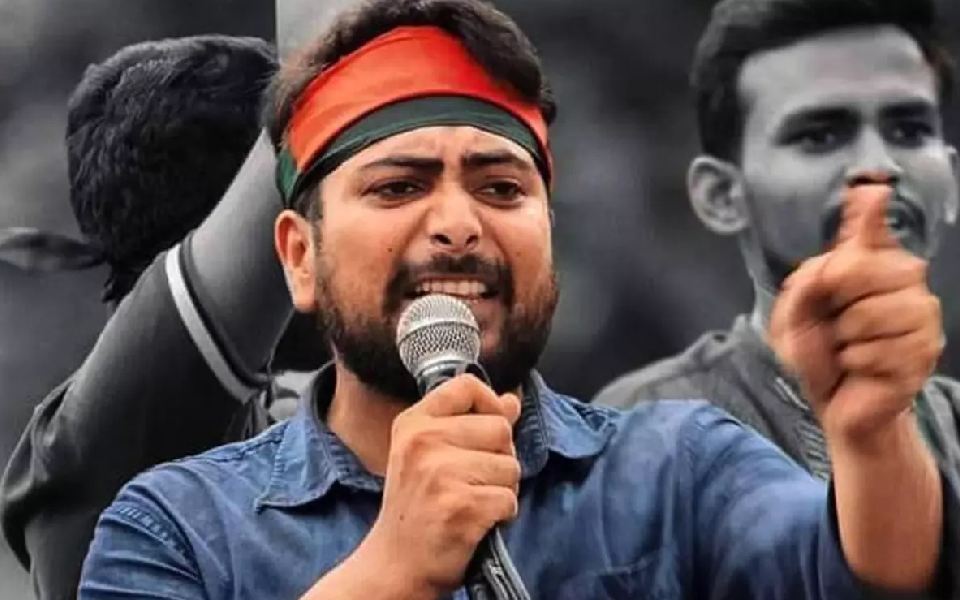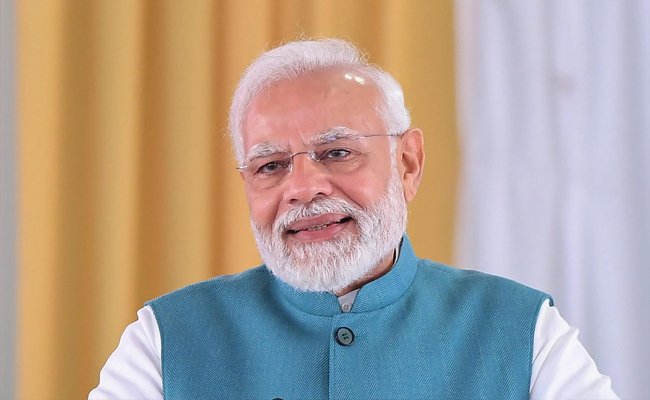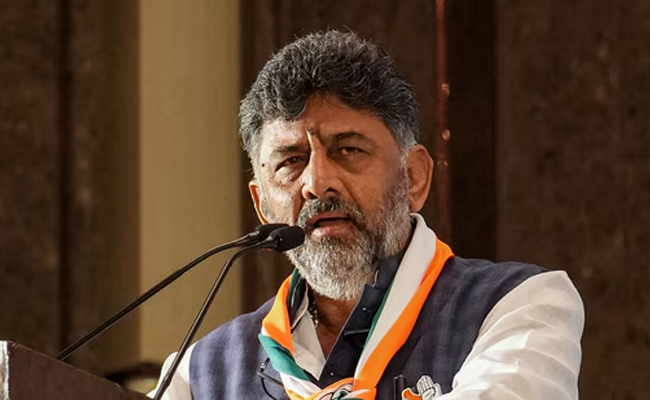Nahid Islam, a sociology student at Dhaka University, known for wearing a Bangladeshi flag tied across his forehead, played a leading role in the nationwide protests that resulted ousting of Prime Minister Sheikh Hasina, who had been in power for 15 years in Bangladesh. The protests, initially calling for reforms to the quota system for government jobs, quickly escalated into a broader anti-government movement demanding Hasina's resignation.
As a prominent human rights defender, Islam serves as one of the national coordinators for the 'Students Against Discrimination' movement. This student-led initiative demanded reforms to the quota system for government jobs in Bangladesh. The movement emerged after the Supreme Court of Bangladesh reinstated a 30 percent quota for descendants of war veterans and freedom fighters in June 2024. The protesters argue that the quota is discriminatory and politically manipulated, restricting access to government jobs.
Islam, 26, has been a fierce critic of Sheikh Hasina's party, the Awami League, labelling them as "terrorists" operating on the streets. In a previous address to protesters at Shahbagh, he declared that students had "picked up sticks today" and were prepared to "take up arms" if necessary.
His national prominence surged in mid-July when he and several other Dhaka University students were arrested by police as the protests turned violent.
Nakib Islam, Nahid’s younger brother, told Reuters that Nahid had always advocated for change in the country and recounted the brutality he suffered at the hands of the police. “He was picked up by the police, tortured until he was unconscious, and then dumped on the road. Despite all this, he continues to fight. We have confidence that he will not give up. Proud of him," Nakib stated.
He vowed to prevent Bangladesh, a nation of 170 million, from reverting to what he described as "fascist rule" and urged fellow students to protect the Hindu minority and their places of worship, as reported by Reuters.
Islam has declared that students will not accept any government led or supported by the army and has proposed that Nobel laureate Muhammad Yunus be appointed as the chief adviser.
Let the Truth be known. If you read VB and like VB, please be a VB Supporter and Help us deliver the Truth to one and all.
Gorakhpur (PTI): A hospital employee was booked for allegedly sexually assaulting a woman in the pretext of an ultrasound test here in the district women's hospital, police said on Saturday.
According to the complaint, the woman, a resident of the Gulriha area, visited the district women's hospital on Thursday morning for an ultrasound test.
She was directed to a room, where Abhimanyu Gupta was conducting ultrasounds. When her turn came, the accused allegedly stared at her and told her to remove all her clothes, claiming it was necessary for the test and that a massage would also be required, she said.
ALSO READ: UP: Girl kidnapped, raped multiple times over 25 days; accused held
The woman alleged that once she complied, the accused began making obscene advances and tried to force himself on her. When she screamed, he allegedly gagged her, abused her and threatened to kill her before pushing her out of the room.
She said her complaints within the hospital went unheard, forcing her to approach the police.
Taking cognisance of the complaint, the hospital administration constituted a three-member inquiry committee, officials said.
Senior consultant (paediatrics) Dr Jay Kumar said, "The woman has levelled serious allegations against a staff member. Senior officials have been informed, and a departmental inquiry is underway. Strict action will be taken if the charges are proved."
Kotwali Station House Officer Chatrapal Singh said a case has been registered, and efforts are on to nab the accused.





